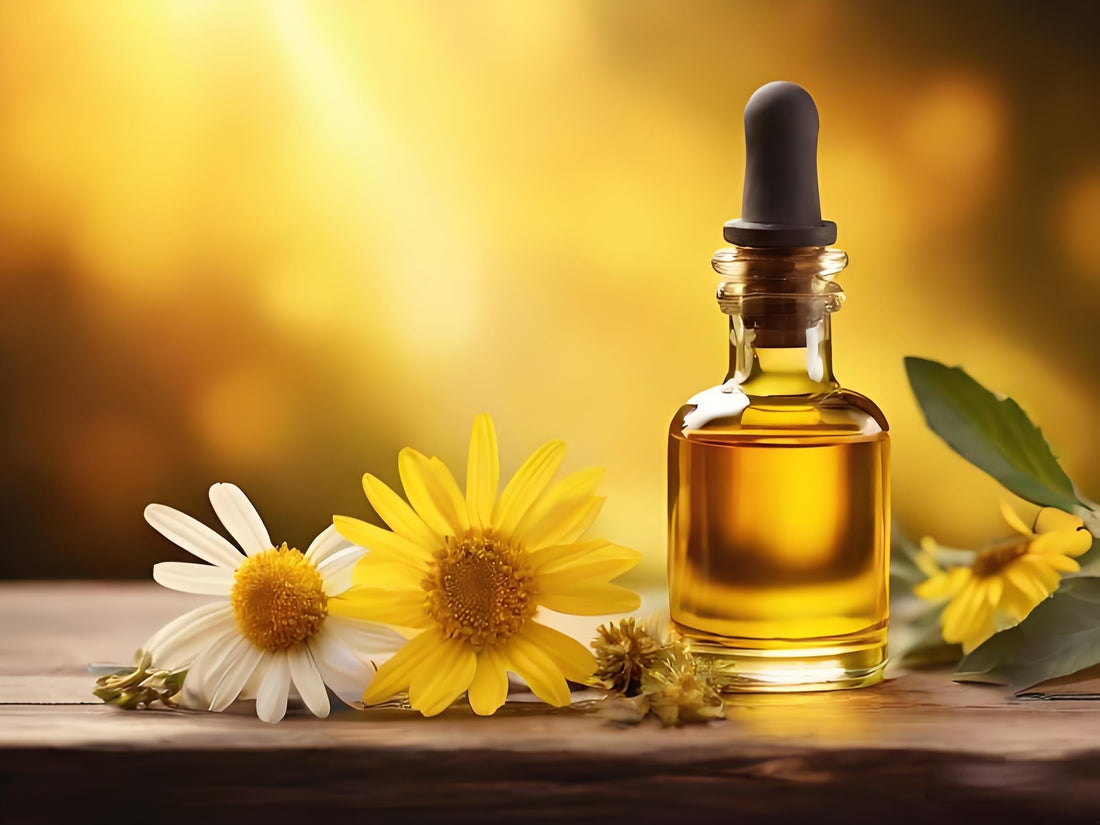
The Ultimate Essential Oil Aromatherapy Guide: Benefits, Uses & Tips
Share
Discover the Power of Nature for Wellness and Relaxation
1. What is Aromatherapy?
Aromatherapy is a holistic healing practice that uses natural plant extracts, known as essential oils, to promote physical, emotional, and mental well-being. These concentrated oils are extracted from flowers, leaves, bark, or roots and have been used for centuries in cultures worldwide.
Why Try Aromatherapy?
- Reduces stress and anxiety
- Improves sleep quality
- Boosts mood and energy
- Supports immune function
- Relieves minor aches and pains
2. Top 6 Essential Oils for Beginners
-
Lavender
- Uses: Calming, sleep aid, skin soothing
- Tip: Add 2-3 drops to a diffuser before bedtime.
-
Peppermint
- Uses: Energizing, headache relief, digestion support
- Tip: Dilute with a carrier oil and apply to temples for quick focus.
-
Tea Tree
- Uses: Antimicrobial, acne treatment, household cleaning
- Safety: Always dilute for skin use.
-
Eucalyptus
- Uses: Respiratory support, cold relief, mental clarity
- DIY Recipe: Mix with coconut oil for a chest rub during flu season.
-
Lemon
- Uses: Uplifting, detoxifying, natural cleaner
- Caution: Photosensitive – avoid sun exposure after skin application.
-
Frankincense
- Uses: Meditation, anti-aging, immune-boosting
- Pro Tip: Pair with a rollerball for on-the-go stress relief.
3. How to Use Essential Oils Safely & Effectively
Popular Methods:
- Diffusers: Ideal for creating a relaxing ambiance.
- Topical Application: Always dilute with carrier oils (e.g., jojoba, almond) – recommended ratio: 2-3% essential oil to carrier.
- Inhalation: Add 1-2 drops to a tissue or palms for quick relief.
- Bath Soaks: Mix 5-10 drops with Epsom salts for a spa-like experience.
Safety First:
- Patch-test oils before full application.
- Avoid direct ingestion unless under professional guidance.
- Keep away from children, pets, and eyes.
- Check contraindications (e.g., pregnancy, epilepsy).
4. 5 Easy DIY Aromatherapy Blends to Try
1. "Goodnight Sleep" Diffuser Blend
- 3 drops Lavender + 2 drops Roman Chamomile
2. "Morning Energy" Rollerball
- 4 drops Peppermint + 3 drops Orange + 2 tbsp Fractionated Coconut Oil
3. "Immune Boost" Steam Inhalation
- 2 drops Eucalyptus + 1 drop Tea Tree in a bowl of hot water.
4. "Stress Relief" Bath Salt
- 6 drops Bergamot + 4 drops Frankincense + 1 cup Himalayan salt.
5. "Natural Cleaner" Spray
- 10 drops Lemon + 5 drops Tea Tree + 1 cup water + 1/4 cup vinegar.
5. How to Choose High-Quality Essential Oils
Educate customers on selecting the best products (引导至您的品牌):
- Look for 100% pure, therapeutic-grade oils.
- Check for botanical names (e.g., Lavandula angustifolia).
- Prefer dark glass bottles to protect from light.
- Choose brands with GC/MS (gas chromatography) test reports.
- Avoid oils labeled "fragrance oil" – these are synthetic!
6. FAQs About Aromatherapy
Q: Can I use essential oils during pregnancy?
A: Some oils (e.g., lavender, chamomile) are generally safe, but consult a doctor first.
Q: How long do essential oils last?
A: Most last 1-3 years if stored in a cool, dark place. Citrus oils expire faster.
Q: Are essential oils safe for pets?
A: Many oils (e.g., tea tree, eucalyptus) are toxic to cats/dogs – research thoroughly.
7. Final Tips & Your Next Steps
- Start with a small kit of 3-5 oils to explore your preferences.
- Track your experiences in a journal to find what works best.
- Shop our curated essential oil collection for premium, lab-tested options.
Ready to transform your wellness routine? Explore our 100% Pure Essential Oils and enjoy free shipping on orders over $300!
